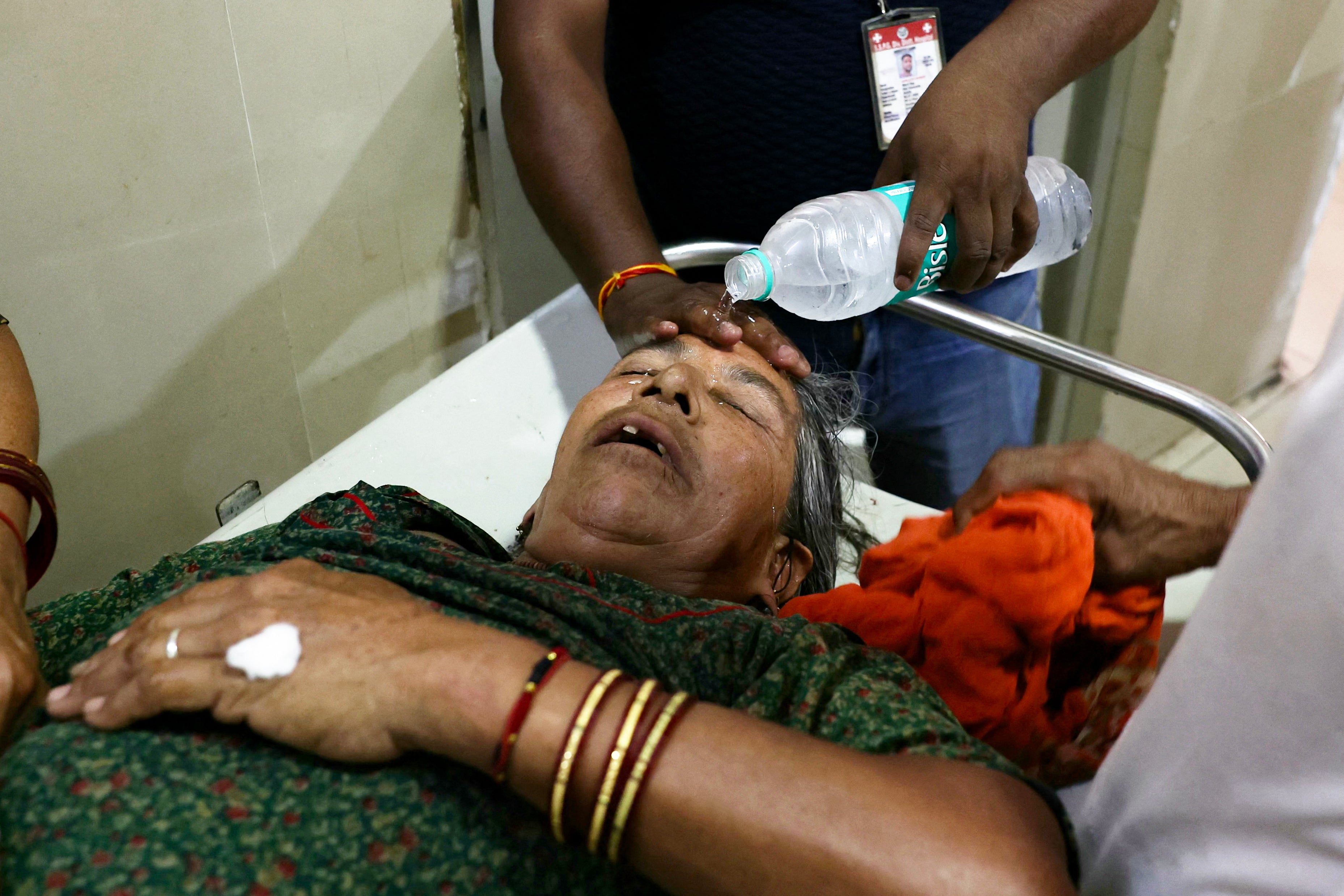More than 200 people, including dozens of election workers, have died in India over the past few days as the country continues to reel from a heat wave.
At least 50 deaths have been reported in the last 72 hours, bringing the total number of heatstroke-related deaths to 211.
Of these 50, at least 33 were election workers who died on Saturday, as India was conducting the seventh and final phase of its six-week mass election.
Most of them were working as home guards, sanitation workers, and other poll workers.
In India, election obligations are mandatory for public sector employees. The allocation is made by the Election Commission before voting begins.
During voting, a voter died at a polling station in Sikandarpur area of Ballia city.
India’s Election Commission has been criticized for failing to take heatwave warnings into account while planning national elections involving nearly a billion voters.
Voters are coming out in the heat with no preparations to protect them. In the early stages, voters complained of discomfort and local media reported several people fainting due to the heat.
The heat wave in India this year was extreme. Temperatures in Delhi are nearing 50 degrees Celsius, triggering a water and electricity crisis. Dozens of heat-related deaths have been reported in several states in recent days.
The eastern state of Odisha was the hardest hit, with 45 people killed in one day.
The India Meteorological Department (IMD) said the number of heatwave days across India rose 125% in May, a record increase from normal and affecting one billion people.

“This could be the worst summer in the last 120 years, at least in northern India,” Vimal Mishra, professor of earth sciences at IIT Gandhinagar, told news agency PTI.
“Temperatures have never been this high, above 45 to 47 degrees Celsius, in this vast and densely populated area. “This is a record in itself.”
IMD said the situation may improve in the next two to three days.
A scientific study of India’s heat waves in 2022, 2023 and 2024 assessed that the human-caused climate crisis led to extreme temperatures in India, resulting in longer and more extreme heat waves.
This summer has also brought record temperatures to the rest of Asia, with the past 12 months being the hottest on record for the entire planet.
India is one of the most vulnerable places on Earth to deadly heat waves. Half of the country’s population works outdoors. The impact of extreme heat in Indian cities is compounded by lack of green space and large-scale concreting.
The searing heat has prompted the Delhi High Court to warn the government that the city could turn into a “barren desert” if deforestation continues.
The court directed the Delhi government to provide necessary infrastructure to support the committee (now renamed ‘Special Empowerment Committee’), which oversees forest conservation.
Meanwhile, northern and central India are suffering from heat, neighboring Pakistan is also suffering from extreme temperatures, and parts of northern India and Bangladesh are suffering from flooding caused by Cyclone Remal. Flood and landslide warnings have been issued in most parts of Sri Lanka due to heavy rain.






